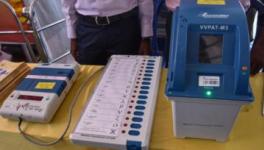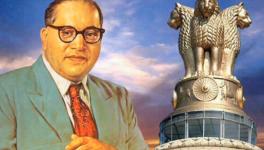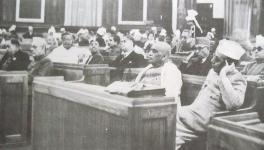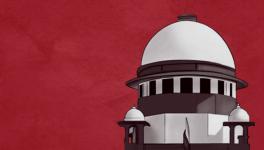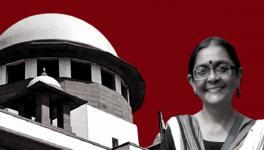Supreme Court Acquits Four Convicted in 2001 Kanpur Riots
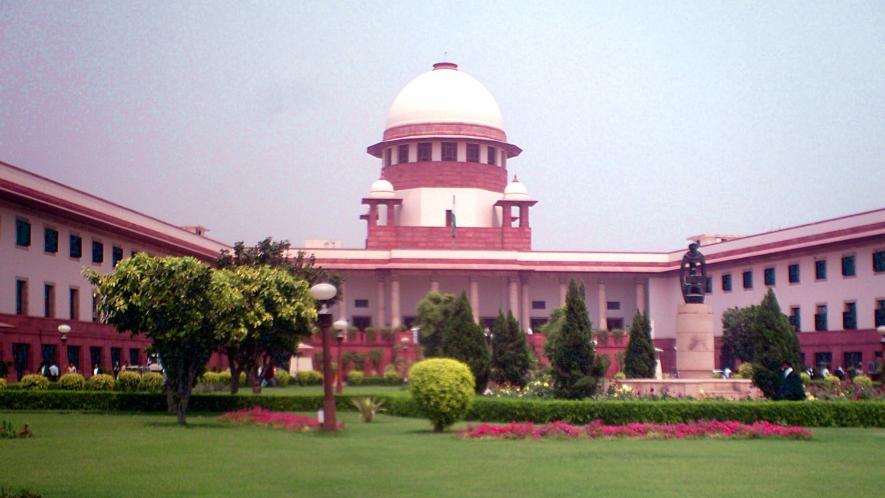
The Supreme Court on December 10 acquitted four Muslims who were earlier convicted by the Allahabad High Court in the 2001 Kanpur riots wherein an Additional District Magistrate was killed on the spot on March 16, 2001. The four convicted persons – Syed Wasif Haider, Haji Atique, Mumtaz Rasool and Safaat Rasool – had to spend eight years behind bars for a crime they never committed.
The prosecution failed to bring on record substantial evidence and therefore, the charges against them were dismissed by the apex court.
A top court bench comprising Justice N V Ramana and Justice M M Shantangaudar found lapses in the police probe on seven counts, including an inordinate delay in conducting the Test Identification Parade (TIP), discrepancies in forensic examination, post-mortem reports, place of occurrence of the incident, recovery of weapon and examination of the material witness.
“Heard learned counsels for the parties. At the outset, we would like to state that in an appeal against acquittal, the appellate court would interfere only where there exists perversity of fact and law. Further, the presumption of innocence is further reinforced against the acquitted accused by having a judgment in his favour,” the bench ruled.
Pronouncing the judgement, the SC bench further stated, “We concur with the aforesaid order of acquittal rendered by the High Court, as the present case is ridden with multiple investigative laches and flaws which goes to the root of the matter. We shall be addressing the same in seriatim.”
2001 Kanpur Riots
In March 2001, about two hundred Vishwa Hindu Parishad (VHP) leaders allegedly burnt a copy of the holy Quran and tore up posters of Islamic shrines to protest against the destruction of Bamiyan statues by Afghanistan's ruling Taliban. The VHP protesters blocked traffic in an upmarket New Delhi neighbourhood as they danced around a burning copy of the Quran and threatened to destroy India's iconic mosque, Jama Masjid.
Advocate Abubakr Sabbaq, who defended the victims in the Supreme Court, told NewsClick, "The incident had happened on March 16, 2001, in Kanpur after Vishwa Hindu Parishad (VHP) burnt the holy Quran. Muslims across the country hold the protest to show their resistance in peaceful manner but in Kanpur turned violent where an ADM (Finance and Revenue) Chandra Prakash Pathak was killed.”
Loopholes in the Case
Talking about the loopholes in the police investigation, he said, "The incident had happened at 1.20 PM and the FIR was lodged at 8:15 PM in the night. The delay of six hours in the FIR raises many questions. Interestingly, 200-300 unknown persons were accused for the murder of Pathak, while only 4 were convicted. The second major loophole was that twenty days after the incident on April 5, 2001, police claimed that they recovered a bullet from Pathak's ash but in the post-mortem report showed that there was a single entry of bullet in the deceased’s body. Where did the second bullet come from? Moreover, after recovering the second bullet, the police neither noted it in the General Diary (GD) nor did they take any statement from eyewitnesses who had recovered the same. Police had also told that Pathak was killed from a distance of 200 m but how did they determine the shooter from such a distance.”
Wasif struggled for seventeen years to get justice. During the eight years of his stay in jail, since August 4, 2001, till August 12, 2009, he lost his father. Syed Haider Ali Jafri, Wasif’s father was a recipient of the Sahitya Academy Award for his translation work. Coming from an educated background, Wasif had never imagined that he would see horrible days in his life. "There was no criminal record in my family, but still I was arrested,” he told NewsClick. Now, Wasif is gearing up for a legal battle demanding compensation for his wrongful conviction in the case.
When asked about his feelings after the judgement, Wasif said, "Seventeen years of my life have faded away. The accountability of those who falsely framed us should be decided, otherwise the judgement would be considered as ‘incomplete'. Those people should be punished for destroying our lives."
This case is just another example of how several anti-terrorism laws, including the UAPA, have made it easier to target Muslims and marginalised people.
Get the latest reports & analysis with people's perspective on Protests, movements & deep analytical videos, discussions of the current affairs in your Telegram app. Subscribe to NewsClick's Telegram channel & get Real-Time updates on stories, as they get published on our website.









